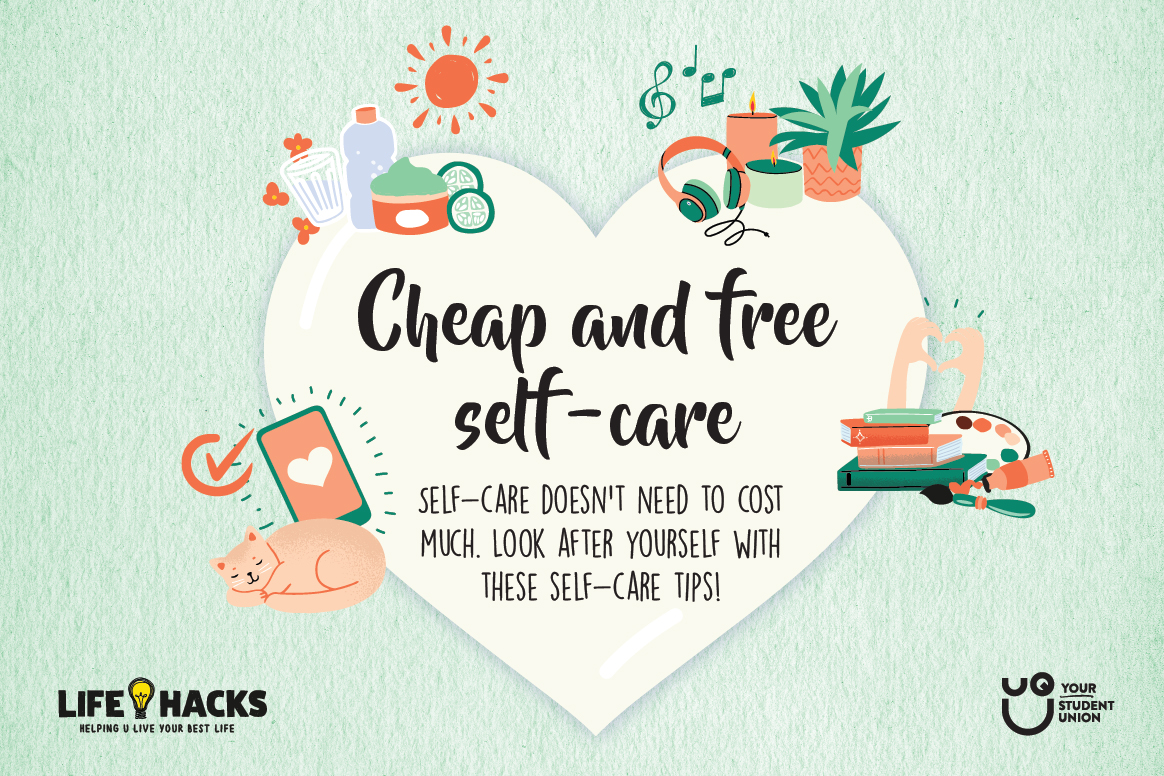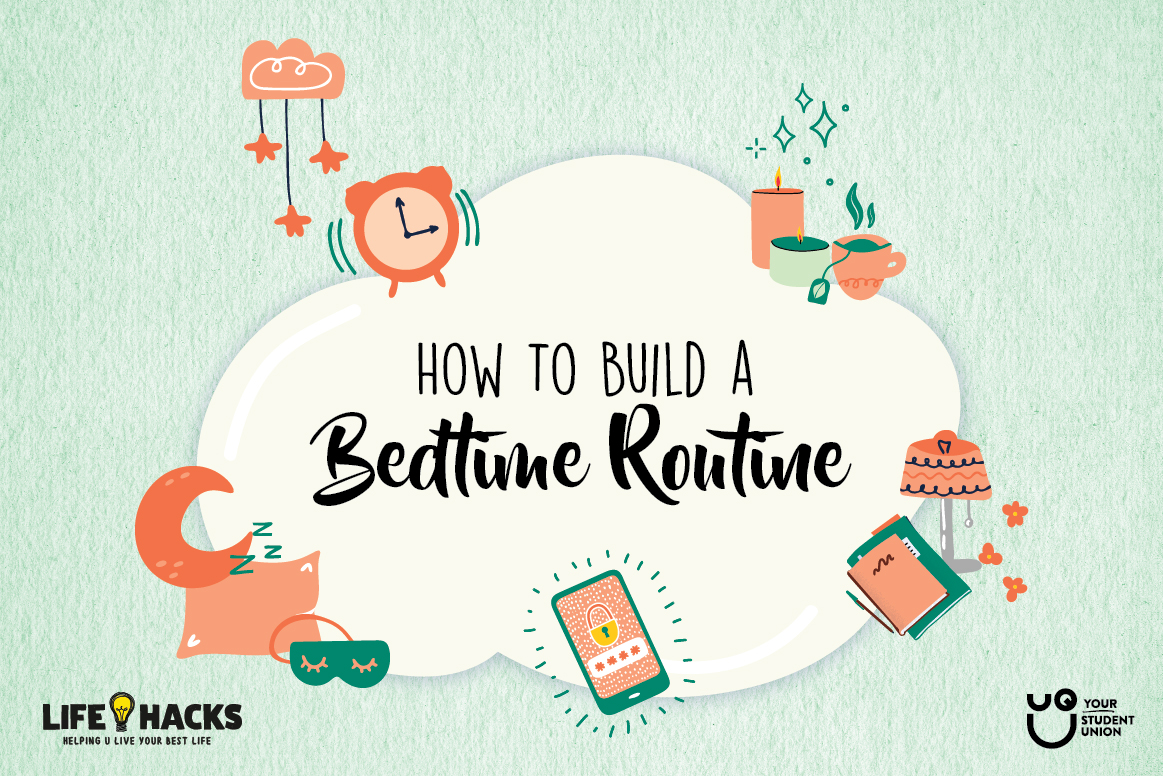What are pronouns?
Pronouns are a part of the English language that we use as way we refer to a person, for example, he, she, they or them. There are a large variety of pronouns that can be used
Why are pronouns important?
Pronouns are important because they are tied to a person’s sense of identity. So using the correct pronouns means that you are respecting their identity. Many people only use and/or know about the binary he/she pronouns. For transgender, non-binary, queer and gender non-conforming people, the incorrect use of these pronouns may not fit with their own gender identity and can cause stress and discomfort.
It’s important to note that “he” and “she” are not the only pronouns that a person can use, so it is always important to ask and learn each person’s correct pronoun and ensure that you use it all the time.
If you are unsure, it’s usually safest to use a gender neutral pronoun until you know for sure.
Using gender neutral pronouns
If you are unsure it’s usually safest to use a gender neutral pronoun until you know which pronouns a person uses.
Here are some commonly used gender neutral pronouns:
They/them/theirs
(Max ate their food because they were hungry.)
This is a pretty common gender-neutral pronoun and it can be used in the singular.
Ze/hir/hirs
(Taylor ate hir food because ze was hungry.)
Ze is pronounced like “zee” can also be spelled zie or xe, and replaces she/he/they. Hir is pronounced like “here” and replaces her/hers/him/his/they/theirs.
Just my name!
(Ash ate Ash’s food because Ash was hungry.)
Some people prefer not to use pronouns at all, using their name as a pronoun instead.
How can I make my language more inclusive?
Try to use more gender neutral language when addressing groups. Here are a few examples:
“Hey, everyone” or “How is everyone doing?” in a group setting instead of “Hey guys!” or “Hey ladies!” or “How are you guys doing?”
How can I ask what pronouns someone uses?
Good practice for pronouns is to state your own pronouns when introducing yourself; this invites others to share theirs.
“Hi My name is Alex, my pronouns are they/them”
Alternatively you might ask the person something like:
“What pronouns do you use?” or “What pronouns would you like me to use?”
What happens if I get it wrong?
We all make mistakes from time to time. If you accidentally use the wrong pronoun, correct yourself and use the correct pronoun next time. Don’t make it into a big deal or draw attention to it.
Things to remember
- Never assume a person’s pronoun based on their gender expression.
- If you are unsure, ask someone what their pronouns are and use them.
- If you accidentally use the wrong pronoun correct yourself and use the correct one the next time.
- Never refer to a person as “it” or “he-she”. These are offensive slurs used against trans and gender non-conforming individuals.
Did you find this article helpful? You might also enjoy our posts about How To Be a Good Ally for LGBTIQA+ People, What Does LGBTIQA+ Mean? and Understanding Gender and Sexuality.
If you are currently dealing with issues around your gender or sexuality you can make a free, confidential appointment with our experienced Welfare Advocate/Social Worker who can support you with this, as well as link you in with other LGBTIQA+ supports and services here.
Please note: This article was written by qualified professionals using evidence based research but is not intended to be a singular resource on the topic. We encourage you to use this as a starting point to conducting your own additional research.




